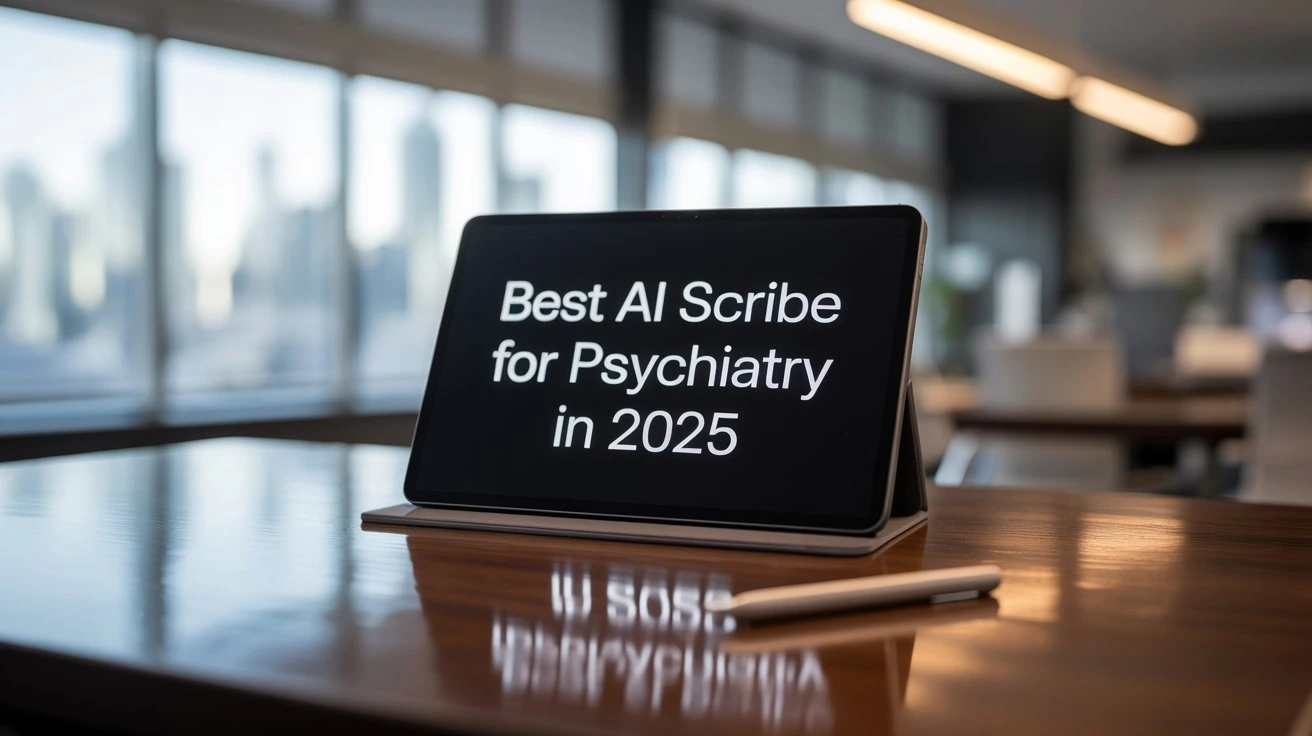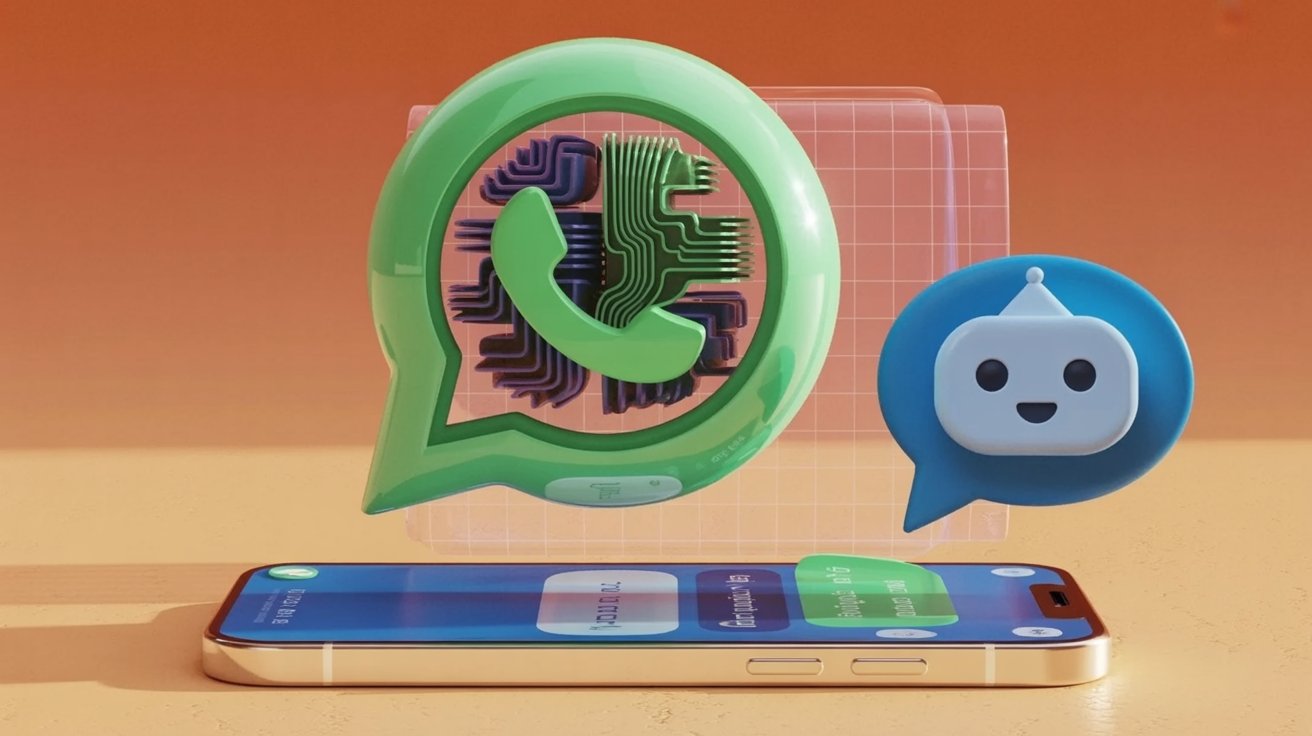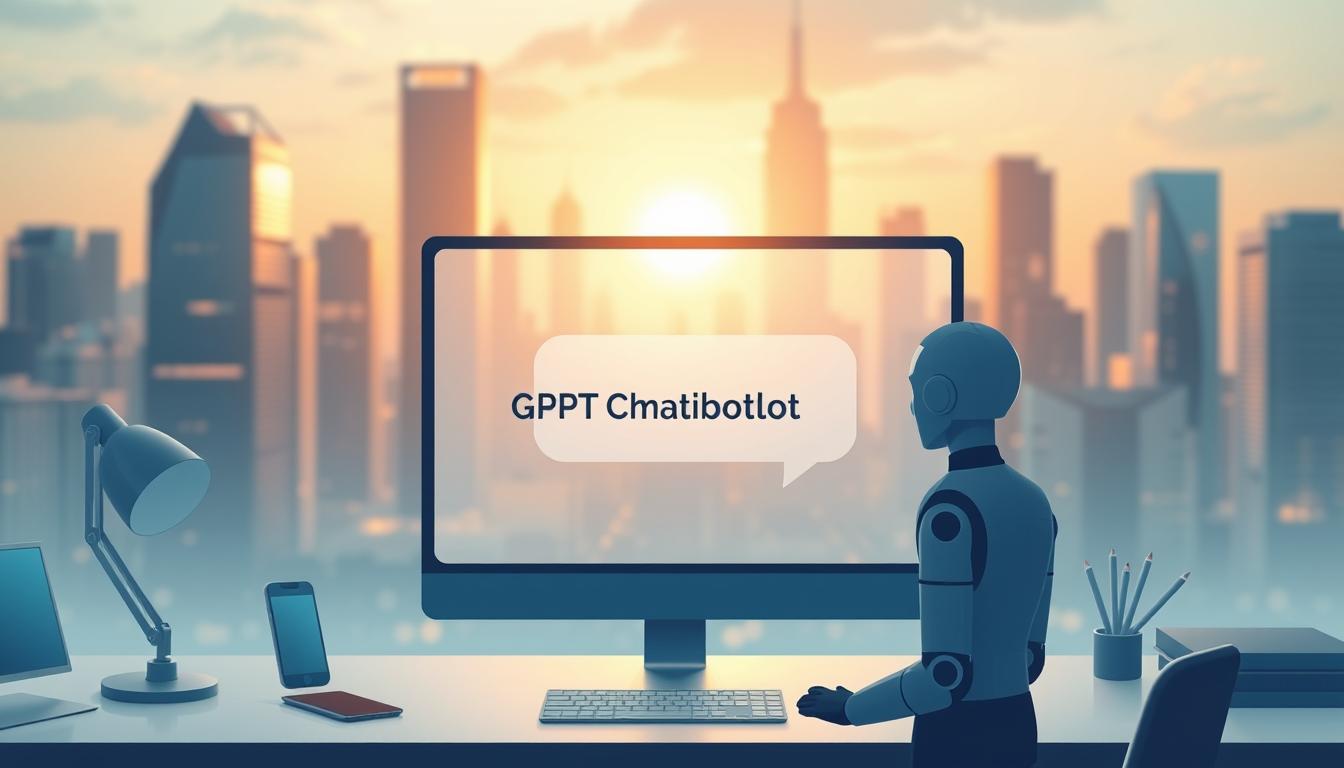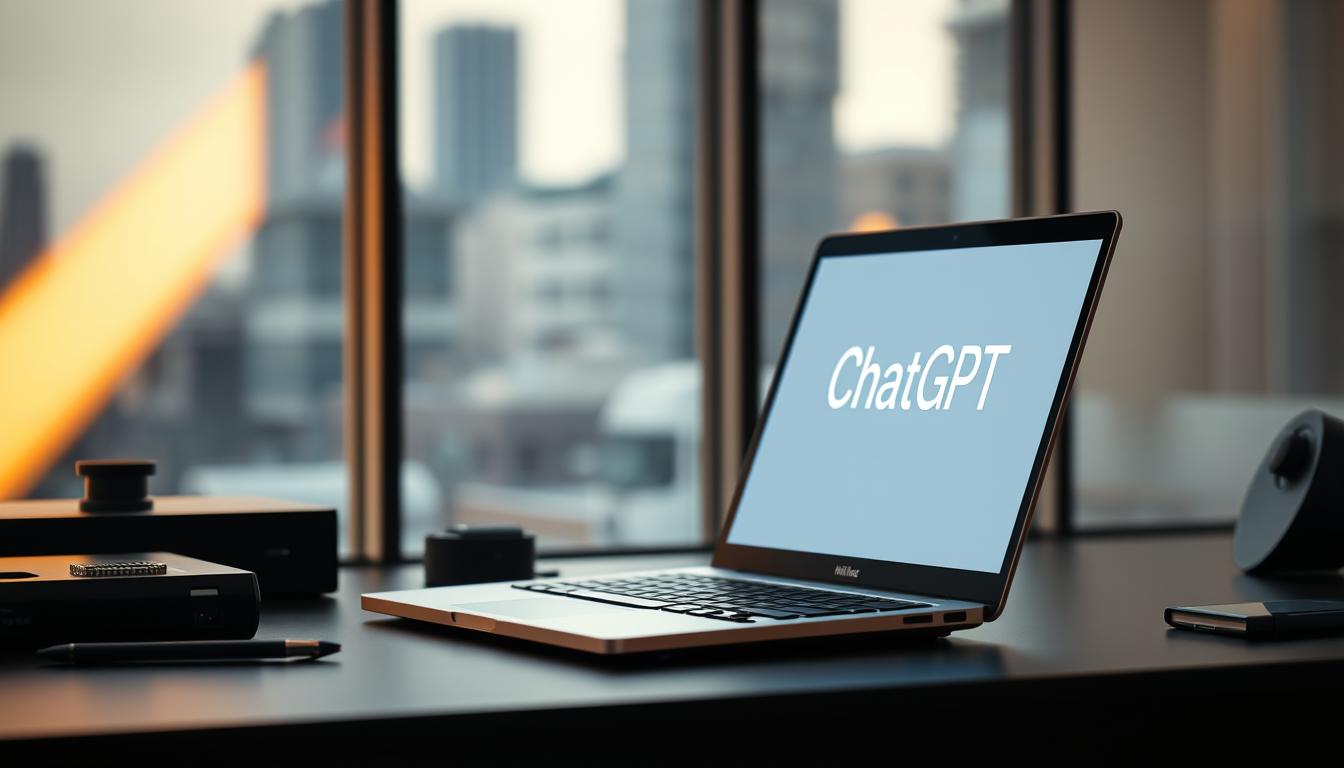Introduction
The field of psychiatry is evolving rapidly, and technology is playing a central role in improving patient care. Among the most significant innovations in recent years are AI scribes—digital assistants powered by artificial intelligence that can listen to patient-doctor conversations, transcribe them accurately, and generate structured medical notes. For psychiatrists, who spend a substantial amount of time documenting sessions, this technology is a game-changer.
But with so many tools entering the market, the big question remains: How do you choose the best AI scribe for psychiatry practices? In this article, we’ll explore the benefits, features, legal considerations, and expert tips for selecting the right solution. We’ll also answer frequently asked questions such as “What is the best AI for psychiatrists?”, “Which is the best AI scribe?”, “Are AI scribes worth it?”, and “Is it legal to use AI scribe?”
“Learn how to choose the best AI scribe for psychiatry practices. Discover benefits, features, legality, and whether AI scribes are worth it for psychiatrists.”
What is an AI Scribe?
An AI scribe is an artificial intelligence–powered tool that assists healthcare providers by listening to patient encounters and generating clinical documentation automatically. Unlike traditional dictation software, modern AI scribes leverage natural language processing (NLP) and machine learning to understand context, medical terminology, and psychiatric nuances.
For psychiatry practices, this means less time spent typing notes and more time focused on meaningful patient interactions.
Why Psychiatry Needs AI Scribes
Psychiatrists face unique challenges compared to other medical specialties:
- High documentation load: Sessions often last 30–60 minutes, requiring detailed notes.
- Nuanced conversations: Mental health documentation includes sensitive language, emotional context, and subjective experiences.
- Burnout risk: Spending hours after sessions finalizing notes leads to clinician fatigue.
- Patient trust: Psychiatrists must maintain eye contact and build rapport, which can be difficult if constantly typing.
The best AI scribe for psychiatry addresses these challenges by ensuring accurate, secure, and context-aware documentation while letting psychiatrists dedicate their attention to the patient.
Benefits of Using the Best AI Scribe for Psychiatry
- Time Savings
AI scribes can cut documentation time by up to 70%, giving psychiatrists back valuable hours each week. - Improved Accuracy
The best AI scribes understand medical and psychiatric terminology, reducing errors in patient charts. - Enhanced Patient Experience
Psychiatrists can maintain direct communication without distractions from note-taking. - Reduced Burnout
By offloading repetitive tasks, AI scribes support better work-life balance. - Standardized Notes
Consistent formatting helps practices improve compliance and streamline insurance billing.
What to Look for in the Best AI Scribe for Psychiatry
1. Accuracy and Contextual Understanding
The best AI scribe should capture psychiatric language accurately, including subtle patient statements like mood descriptions, thought processes, or emotional cues.
2. Integration with EHRs
Seamless integration with popular Electronic Health Record (EHR) systems like Epic, Cerner, or Athenahealth ensures smooth workflows.
3. Data Security and Compliance
Since psychiatrists handle sensitive patient data, HIPAA compliance and encryption are non-negotiable.
4. Customization Options
Psychiatrists often have unique note-taking preferences. The ideal AI scribe allows customization of templates, note structures, and phrasing.
5. Real-Time vs. After-Visit Notes
Some AI scribes provide real-time transcription, while others summarize after the session. The best option depends on the psychiatrist’s workflow.
6. Cost-Effectiveness
Pricing varies widely. Practices should consider whether a subscription or pay-per-use model is most economical.
7. User Support and Training
Onboarding support ensures smooth adoption, especially for psychiatrists new to AI tools.
What is the Best AI for Psychiatrists?
The best AI for psychiatrists should do more than transcribe—it should understand the nuances of psychiatric conversations. Currently, leading AI scribes such as Nuance DAX Copilot (by Microsoft), DeepScribe, and Suki AIare top contenders in the market.
- Nuance DAX Copilot: Strong integration with Microsoft and Epic, excellent real-time transcription.
- DeepScribe: Focused on reducing documentation time for behavioral health professionals.
- Suki AI: Flexible voice commands and strong EHR integrations.
Each has strengths, but the best AI scribe for psychiatry ultimately depends on practice size, budget, and workflow needs.
Which is the Best AI Scribe?
While there’s no universal winner, psychiatrists often prioritize:
- Accuracy in psychiatric terminology
- EHR compatibility
- Ease of use
For small practices, cost-effective solutions like DeepScribe may be best. For larger hospital networks, Nuance DAX Copilot often stands out.
The right choice is not about finding the “best” universally, but about finding the best AI scribe for psychiatry within your unique setting.
Are AI Scribes Worth It?
Many psychiatrists ask, “Are AI scribes worth it?” The short answer: Yes—if implemented properly.
- Financial Value: By saving time, psychiatrists can see more patients or reduce overtime hours.
- Clinical Value: Notes become more accurate and standardized, reducing liability.
- Patient Value: Psychiatrists can focus more on patient engagement instead of screens.
In fact, studies show that clinicians using AI scribes report higher job satisfaction and lower burnout levels. Over time, this return on investment outweighs the subscription costs.
Is It Legal to Use AI Scribe?
Another common question is: “Is it legal to use AI scribe?”
The answer is Yes, AI scribes are legal to use—provided they comply with healthcare regulations such as:
- HIPAA (U.S.) – Ensures patient privacy and data security.
- GDPR (EU) – Governs data handling for European practices.
- Local Medical Board Rules – Some regions may require explicit patient consent.
To stay compliant, psychiatrists should:
- Choose HIPAA-compliant vendors.
- Inform patients that AI is being used for note-taking.
- Ensure that no patient data is used for AI training without consent.
Legality depends not on the AI itself but on how it’s implemented.
Challenges of AI Scribes in Psychiatry
- Accuracy with Emotional Nuance
While AI can capture words, interpreting tone, context, or sarcasm remains challenging. - Patient Privacy Concerns
Some patients may feel uncomfortable knowing AI is recording conversations. - Costs for Small Practices
Subscription fees may be high for solo practitioners or small clinics. - Reliance on Technology
Technical issues, internet outages, or software bugs may disrupt workflows.
Future of AI Scribes in Psychiatry
The best AI scribe for psychiatry in the future will likely include:
- Emotion Recognition: Identifying mood shifts through speech tone.
- Predictive Insights: Suggesting follow-up questions or care recommendations.
- Multilingual Support: Helping psychiatrists serve diverse populations.
- Deeper EHR Automation: Auto-filling prescriptions, treatment plans, and billing codes.
AI scribes are not replacing psychiatrists—they are evolving into essential partners that enhance clinical efficiency.
How to Implement the Best AI Scribe in Your Psychiatry Practice
- Identify Your Needs
Do you need real-time transcription, or is after-session summarization sufficient? - Shortlist Vendors
Compare options like Nuance DAX, DeepScribe, and Suki AI. - Check Compliance
Verify HIPAA certification and encryption standards. - Trial Periods
Most vendors offer demos or trials. Test usability with real patient sessions. - Train Staff
Provide training to psychiatrists, residents, and support staff for smooth adoption. - Monitor and Adjust
Collect feedback, measure documentation time saved, and evaluate patient satisfaction.
Conclusion
Choosing the best AI scribe for psychiatry is about balancing accuracy, security, integration, and cost. The right solution will free psychiatrists from hours of documentation, reduce burnout, and enhance patient care.
When evaluating options, remember to ask:
- What is the best AI for psychiatrists? (Depends on your workflow.)
- Which is the best AI scribe? (Look at accuracy, compliance, and ease of use.)
- Are AI scribes worth it? (Yes, if implemented properly, they save time and improve care.)
- Is it legal to use AI scribe? (Yes, with HIPAA compliance and patient transparency.)
The future of psychiatry is not just about diagnosis and therapy—it’s also about leveraging technology to improve how care is delivered. With the best AI scribe for psychiatry, doctors can spend less time documenting and more time focusing on what truly matters: their patients.





